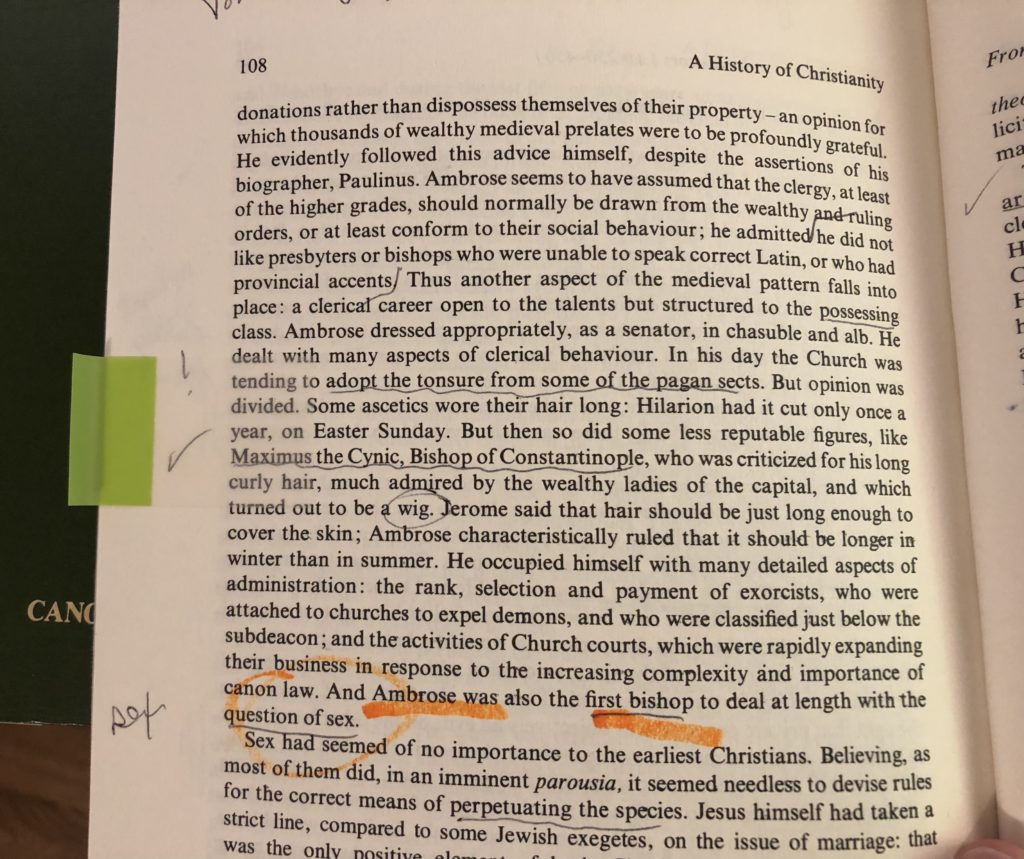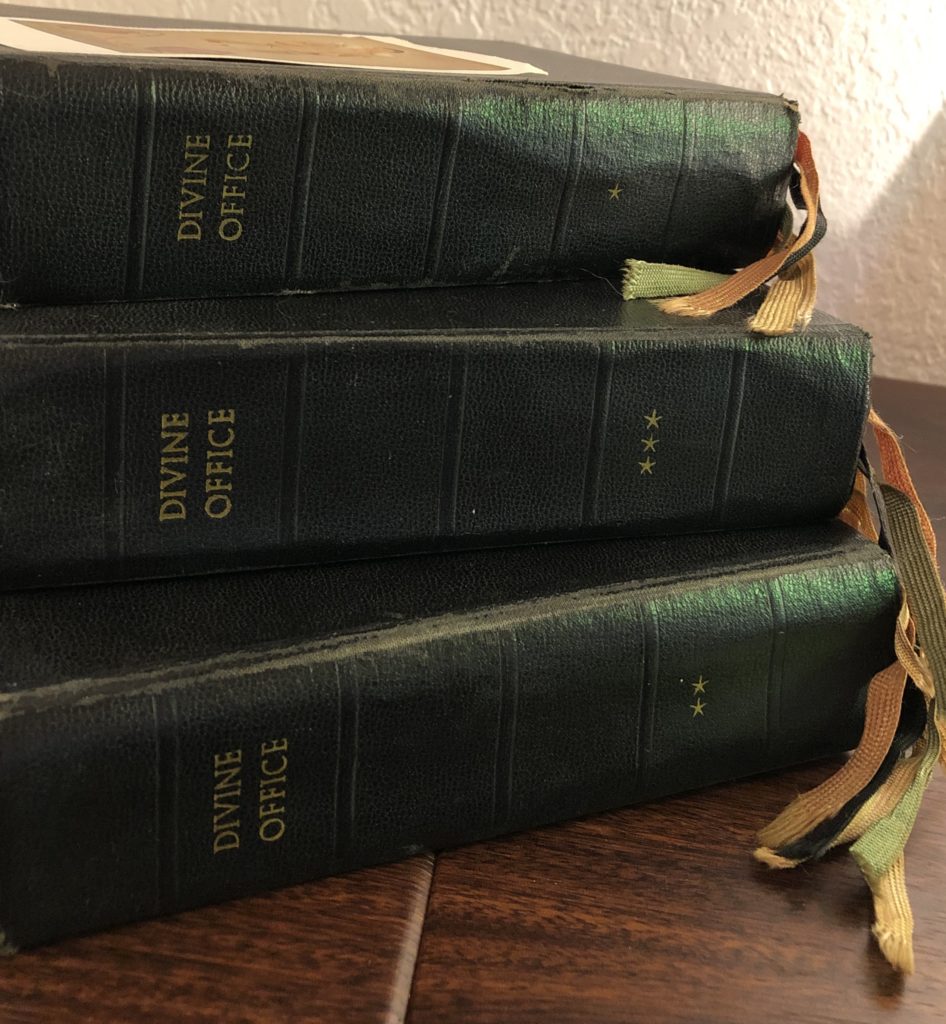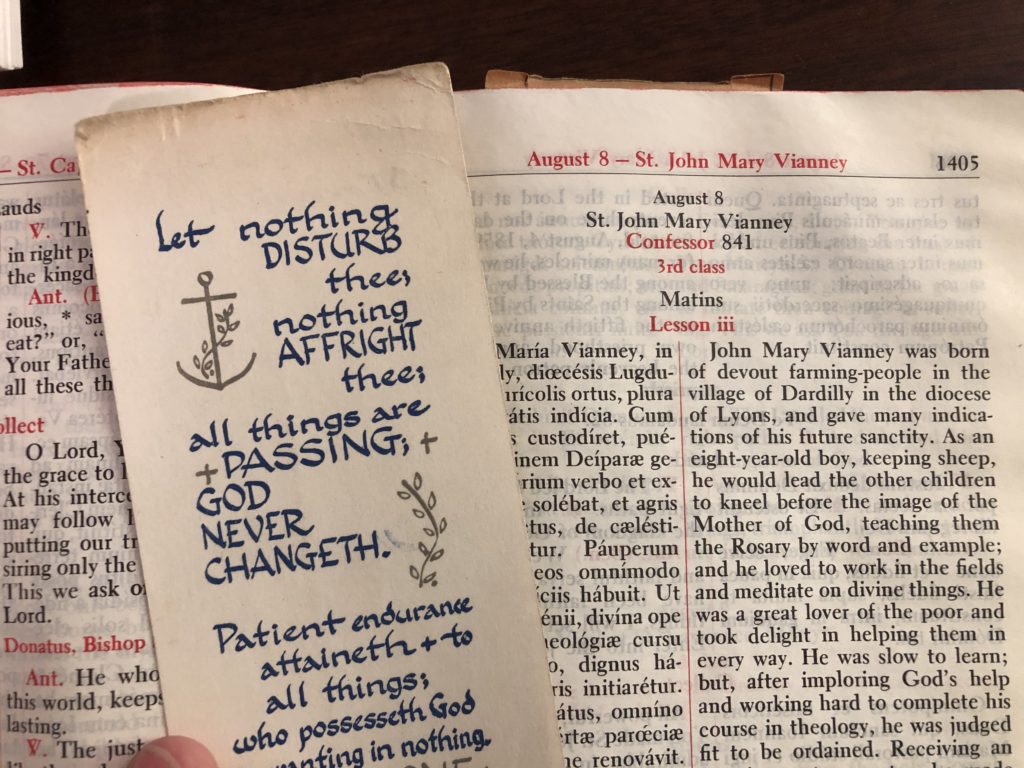
Richard Sipe died one year ago today. His dedication to the study of sexual abuse by clergy helped sustain a movement to hold Church leaders accountable, and to help survivors endure. He educated journalists, advocates, and legal specialists for nearly four decades. His research transformed countless lives. I was grateful to discover his work and, in the past five years, to spend time with him personally.
On one of my last visits with him in his study, Richard told me to go through his library shelves and take whatever books I wanted. He was doing this with all his visitors: giving literary treasures away. As a writer and a teacher of writing, I appreciated Richard’s intuitive love for books and beautiful words. He pointed me to Henri J.M. Nouwen’s The Return of the Prodigal Son and Paul Johnson’s A History of Christianity–the latter volume which (thrillingly) included scribbled annotations from himself and a colleague. I reached for the pea-green Code of Canon Law Latin-English Edition (“They didn’t want you to have that,” he said. “Take it!” and also “Let’s get you a box!”)

What most moved me were the three volumes of the Divine Office tucked at the edge of one shelf. Leather bound and dog-eared, their ribbon bookmarks faded and frayed at the edges, these books include the daily scripture readings, prayers, and meditations for Richard as a young priest who had a future of difficult choices and challenging work ahead of him. “Take them!” he said.

I have spent a lot of time with Richard’s breviaries. The meditation for today, this anniversary of his death, comes from the life of St. John Vianney, whose feast in 1963 (when the breviary was printed) was still August 8. In Roman Catholic tradition, Vianney is considered “the heavenly patron of all priests.”
Richard may have left the priesthood, but he honored his original vocation of service throughout his full, generous, and courageous life on this earth. How fitting to depart on what was once a special feast day for priests. The coincidence–or the irony, depending upon your view–is not lost on me. “Well done , good and faithful servant; because you have been faithful over a few things, I will set you over many. Enter into the joy of your Lord.”
Thank you, Richard. You left this world a different place than you entered it. There is no office more divine than that. Today’s feast is for you.


Recent Comments